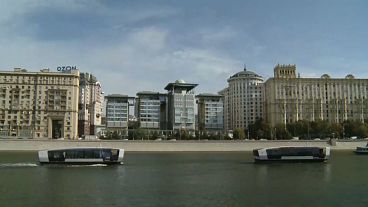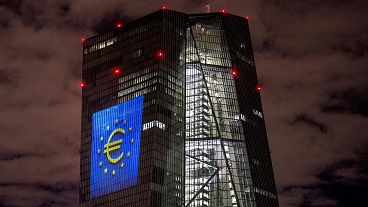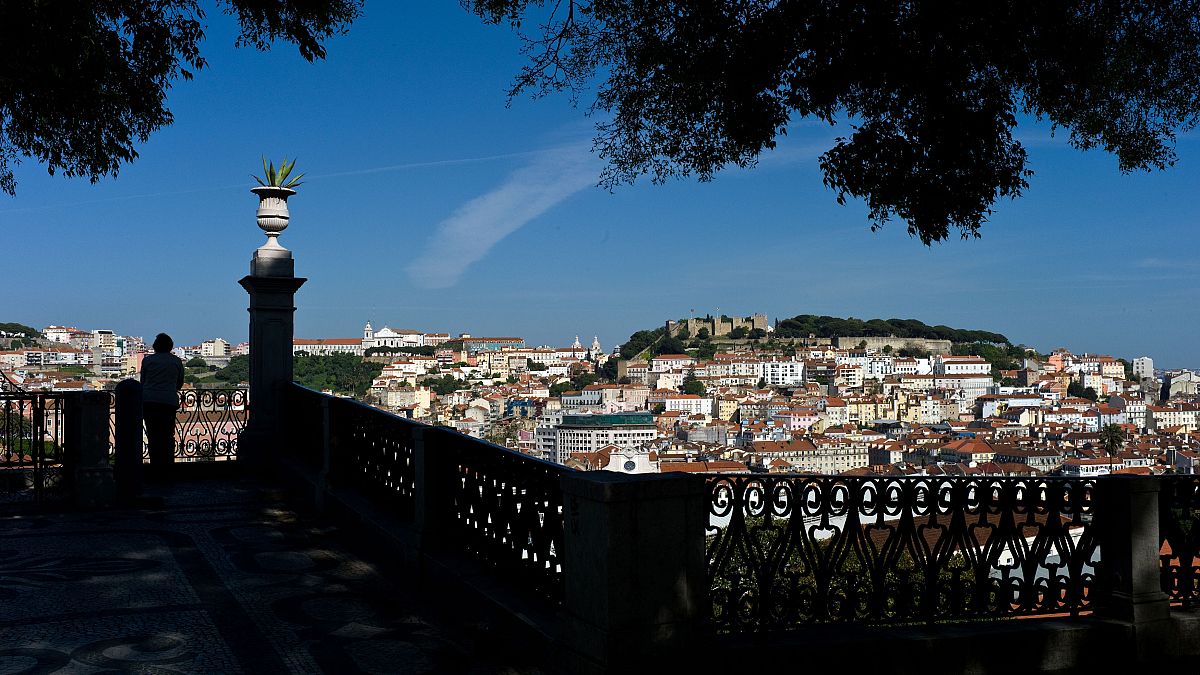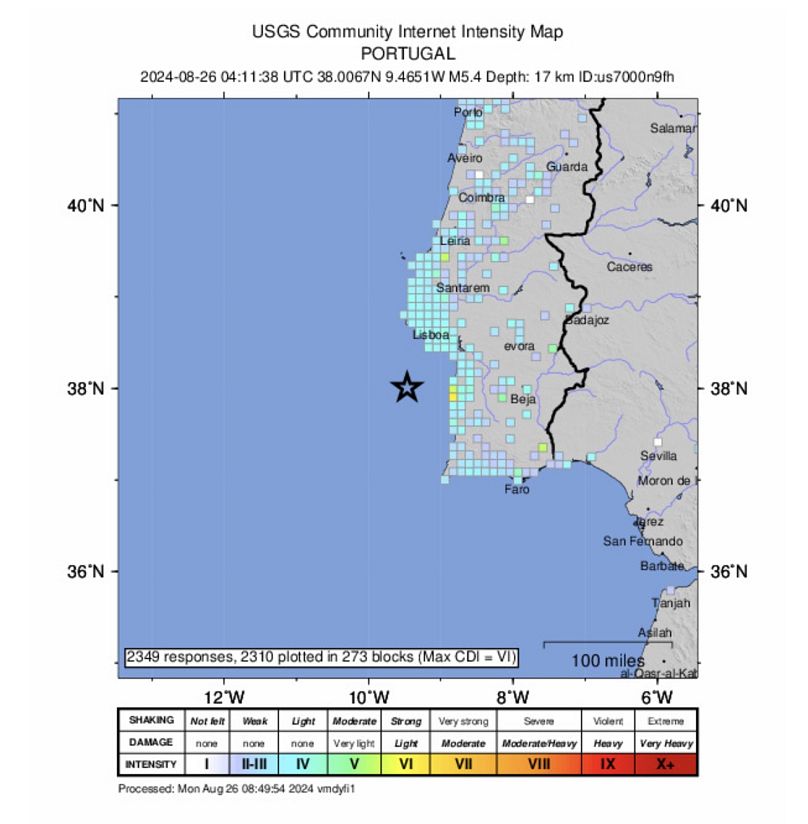The quake hit waters 7.7km south-east of the capital, Lisbon, and 74km south-west of Setúbal.
An earthquake with an estimated magnitude of 5.4 on the Richter scale struck in the early hours of Monday morning, according to the US Geophysical Institute (USGS) and the Euro-Mediterranean Seismological Centre.
The shocks were most intense in the Sines, Lisbon and Setúbal areas, with reports on social media of the earthquake being felt as far as Porto, and even Spain and Morocco.
The Portuguese Sea and Atmosphere Institute (IPMA) has since revised the earthquake's magnitude to 5.3 on the Richter scale.
The earthquake was recorded at 5:11 am local time (6:11 am CET), with its epicentre 58 kilometres west of Sines, on the high seas, and at a depth of 21 kilometres, according to the IPMA.
"We received a lot of calls, especially from people who wanted to know what was going on and what they should do. At this time (6:00 am local time) we still haven't managed to count the number of calls received," said Commander José Miranda from the National Emergency and Civil Protection Authority (ANEPC).
According to Miranda, there are no reports of victims or major damage at this time.
"We only have information at this time about a situation in a street in Sesimbra in which possible cracks in buildings are being assessed," he added.
In a statement issued Monday morning, the Portuguese government said it was "in close coordination with all the relevant services" following the earthquake.
It reassured that there was no record of personal or material damage and appealed to the population to remain calm and follow the recommendations of the National Emergency and Civil Protection Authority.
The quake wasn’t big enough to create a tsunami on the US East Coast or Europe.
Over 2,000 people reported Monday's earthquake using the United States Geological Survey (USGS) tool “Did you feel it?”
“We are located on the ground floor apartment and the entire building shook above us and the floor below us felt like it was sinking. Our dogs woke up and were freaking out,” Keira McCann told BNO News. “We did not expect to experience this in Portugal.”
Vera Fassbender, who lives in Lisbon, also said she "felt it shaking for 3-5 seconds".
"I am on the 8th floor. It was a light shaking but very noticeable and also a bit scary!”
The earthquake was also felt in parts of Morocco, including the Casablanca area.
“Initially thought I was just shaking while sleeping until my brother rushed to properly wake me up and tell me that he felt it too,” Rimah Oubella in Casablanca said.
“Not too strong of a shake but enough for the bed and my body to move.”
According to USGS, no earthquakes have occurred within 400 km of today’s epicentre in the last 30 days.
While there hasn’t been recent seismic activity, Portugal, especially its southern region and the Azores, is located near the boundary between the Eurasian and African tectonic plates. This positioning makes the area susceptible to seismic activity, including earthquakes.
The country experiences several minor earthquakes below magnitude 3.0 each year, which are not usually felt by the population or cause damage.
Earthquakes with magnitudes between 3.0 and 5.0 are less common but still occur regularly. These can be felt by people and might cause minor damage.
Monday’s quake was the strongest to hit the country since 2009, when a 5.6 magnitude earthquake struck the south coast.
One of the worst earthquakes, with an estimated magnitude of 8.5-9.0, struck in 1755. Known as the Great Lisbon earthquake, it killed at least 50,000 people, including an estimated 10,000 in Morocco.













